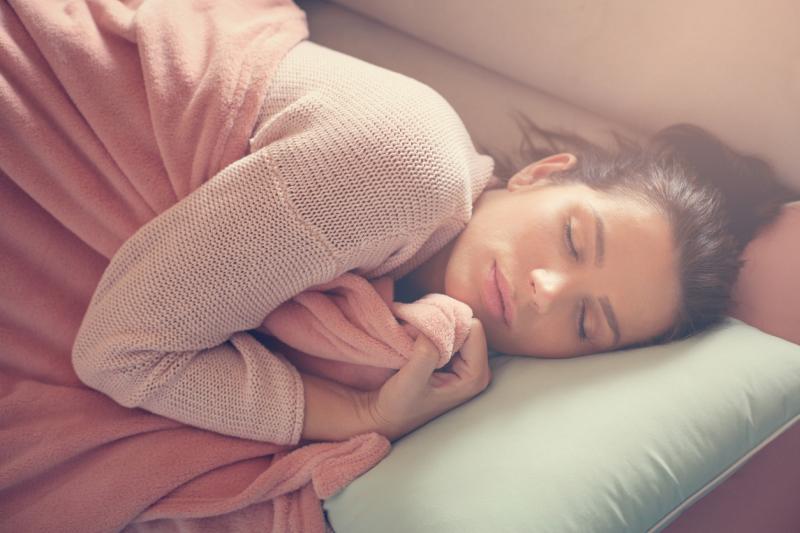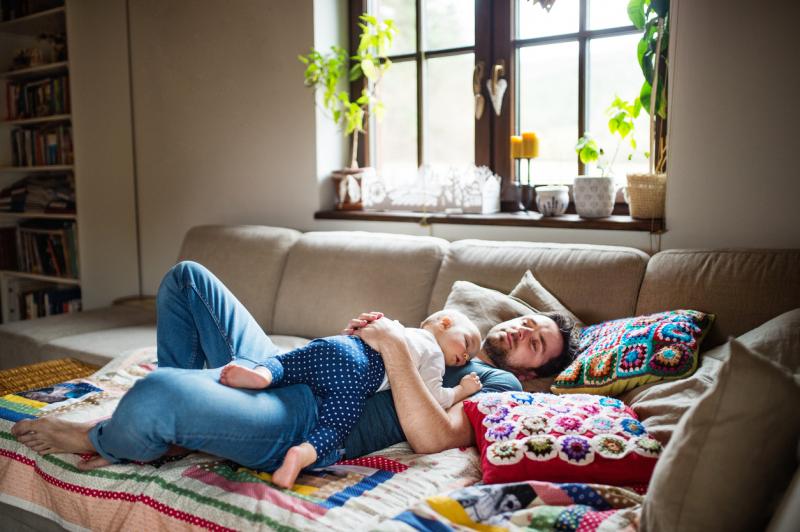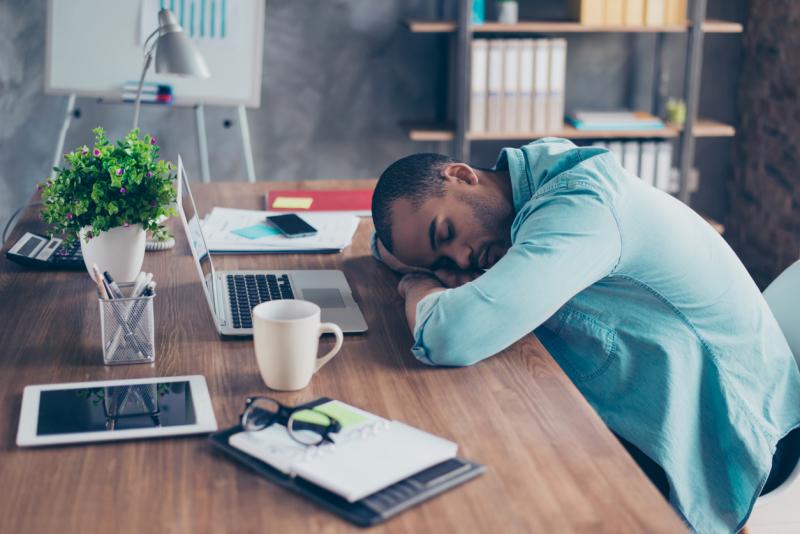We all know sleep is important for our physical and mental health, but around a third of adults in the UK still struggle with a lack of sleep.
Your body has a natural time-keeping system called the circadian rhythm, more commonly known as your body clock. At times of the year when the clocks change, this can have a big impact on your sleep as it disrupts this 24-hour rhythm, putting your body clock out of sync.
It is at these times when many of need a little extra help getting to sleep, and we all have our tried and trusted methods, but are these based on science or just myths passed down through the generations? Let’s look at 10 of the best…
- Chamomile tea helps you get to sleep
Many people swear by chamomile tea for it’s calming effects. While it is a good hot drink choice for before bedtime as it has little or no caffeine in it, there is actually no scientific evidence to support the myth that chamomile actually helps sleep.
- Drinking warm milk helps you sleep
Milk has tryptophan in it, which produces serotonin – one of the chemicals in the brain that contributes to feelings of happiness and wellbeing. So, it might make you feel good, but again, there is no scientific evidence to support that it helps you to sleep.
- The older that you get, the less sleep you need
Sleep experts recommend that adults have between 7-9 hours’ sleep per night. This does not change as we get older. What changes is your sleep pattern. Older people might sleep less at night as they may have a sleep during the day.
- Cheese causes nightmares
In 2005, The Cheese Board ran a study, giving different cheeses to people to monitor the effects. Though cheese did seem to increase dreams overall, in 75% of the participants there were no nightmares.
- Counting sheep helps you to sleep
When you’re trying to sleep, keeping the mind active is unlikely to be a very useful technique. Instead, try focussing the mind on something more relaxing, such as sitting in a comfy chair in front of a warm fire or sitting on a beach on holiday. Visualising something more pleasant and calming has been found to be more helpful as they relax the mind.
- Not everyone dreams
You may not remember your dreams, but the reality is that you do have them. Dreams help you to process your experiences and emotions and are actually important for overall health and wellbeing. Studies have also indicated that dreams help to develop problem solving skills and have been linked to creativity.
- Your body gets used to not having enough sleep
This is untrue. Most adults need between 7-9 hours’ sleep per night. Though you may cope for a short while, eventually not getting enough sleep will have an impact on you both physically and psychologically. More and more research is pointing to the correlation between poor quality sleep and diseases and illnesses including high blood pressure, obesity, diabetes and depression.
- Snoring is not harmful
Generally speaking, it isn’t. However, for some people snoring is a sign of sleep apnoea, which can be a dangerous condition. During sleep, some people snore and their breathing pauses, causing the person to wake suddenly and gasp for breath. People who have sleep apnoea may feel tired during the daytime due to the constant disruptions with their sleep, but it is treatable – if you or someone you know is showing signs, seek medical advice.
- Waking a sleep walker is dangerous
Sleep walkers are in a state of deep sleep and waking them in this state might cause disorientation and possibly distress, but it is highly unlikely that it will cause anything as serious as a heart attack. It is perhaps more pertinent to remind yourself that waking a sleepwalker creates an unpleasant experience for the individual, so the kindest thing you can do is gently help them back to bed. They are in such a deep sleep that they probably won’t remember in the morning when they wake up anyway.
- Daytime naps stop you sleeping at night
Many of us feel tired in the afternoon but feel guilty taking a nap as we think it will struggle to sleep at bed time. Afternoon tiredness is actually just part of the natural rhythm of your body, as energy levels dip after lunch. If you want to take a short nap, make sure it is no later than 3pm, and it can help boost your energy levels without impacting your bedtime routine.
Jane Bozier is a mental health nurse and sleep expert, whose guided imagery exercises are featured in new sleep app, Rise – available to download from the App Store and Google Play.











